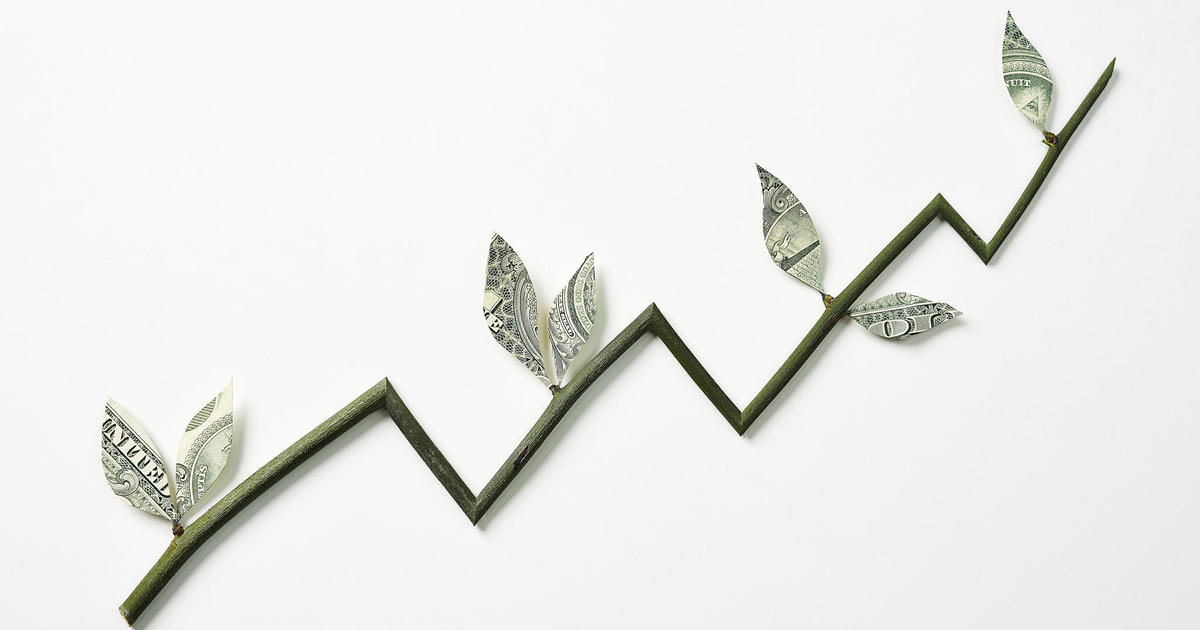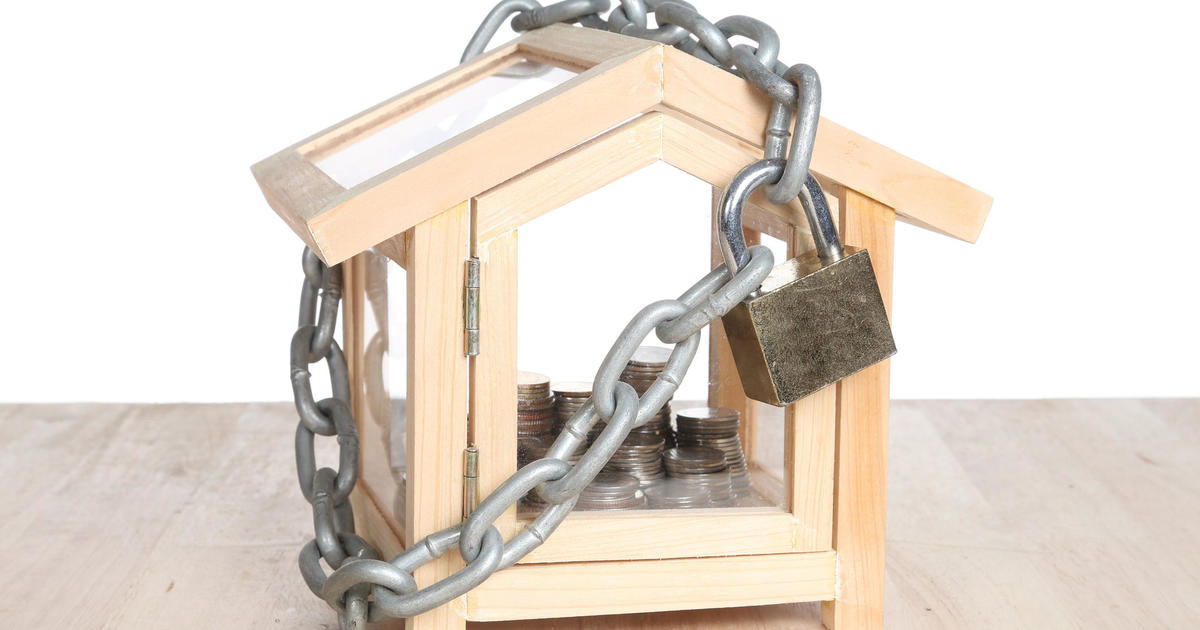Inflation -- and rate hike -- fears have investors wary
On Wall Street, when it's the Federal Reserve vs. Apple, looks like the Fed holds sway. Despite the positive vibes from Apple's (AAPL) strong earnings report earlier in the week, stocks slid on Wednesday after the Fed's latest policy announcement.
As expected, the central bank left its benchmark interest rated unchanged in a range of 1.5 percent to 1.75 percent -- but it added language acknowledging the recent rise in inflation, which lays the groundwork for another rate hike (this year's second) in June. The Fed's preferred "core" inflation measure, known as PCE, which filters out volatile food and fuel prices, was within spitting distance of the Fed's 2 percent target in March.
The Fed added that it would treat its inflation target as symmetrical, in that the monetary policymakers would allow an overshoot for a time, winking at a status quo pace of rate hikes despite growing inflationary pressure. However, the market interpreted the statement as carrying a hawkish bias. That pushed the dollar higher and stocks lower.
Currently, the futures market assigns 45 percent odds of three more quarter-point rate hikes before the end of the year, and that's something that hasn't been fully priced into stocks and bonds. Compare that to 30 percent odds of this happening just one month ago.
This aligns with the expectations of the team at Capital Economics, who note that the Fed was always unlikely to signal a major shift at its May meeting, but that it doesn't change their forecast for a total of four rate hikes in 2018.
Another reason for the market's wariness was the Fed's acknowledgment of some recent softening of the economic data -- with consumer spending slowing notably in the first quarter -- but it remained steadfast in its outlook for gradual interest rate increases.
No doubt this is because over the near term, inflation is accelerating to the upside: On a three-month annualized basis, core PCE inflation is rising at a 2.6 percent rate. That's near a decade high as prices at the producer level are surging, increasing the chances inflation continues to heat up into the summer months.
Another factor is the ongoing tightening in the job market, as employment costs rose in the first quarter at the fastest pace in 10 years. We'll learn more on Friday when the federal government's April jobs report is released. Analysts are looking for a payroll gain of 190,000 with a slight reduction in the unemployment rate to 4 percent. However, Wall Street is likely to give the closest scrutiny to the figures on wage gains.




